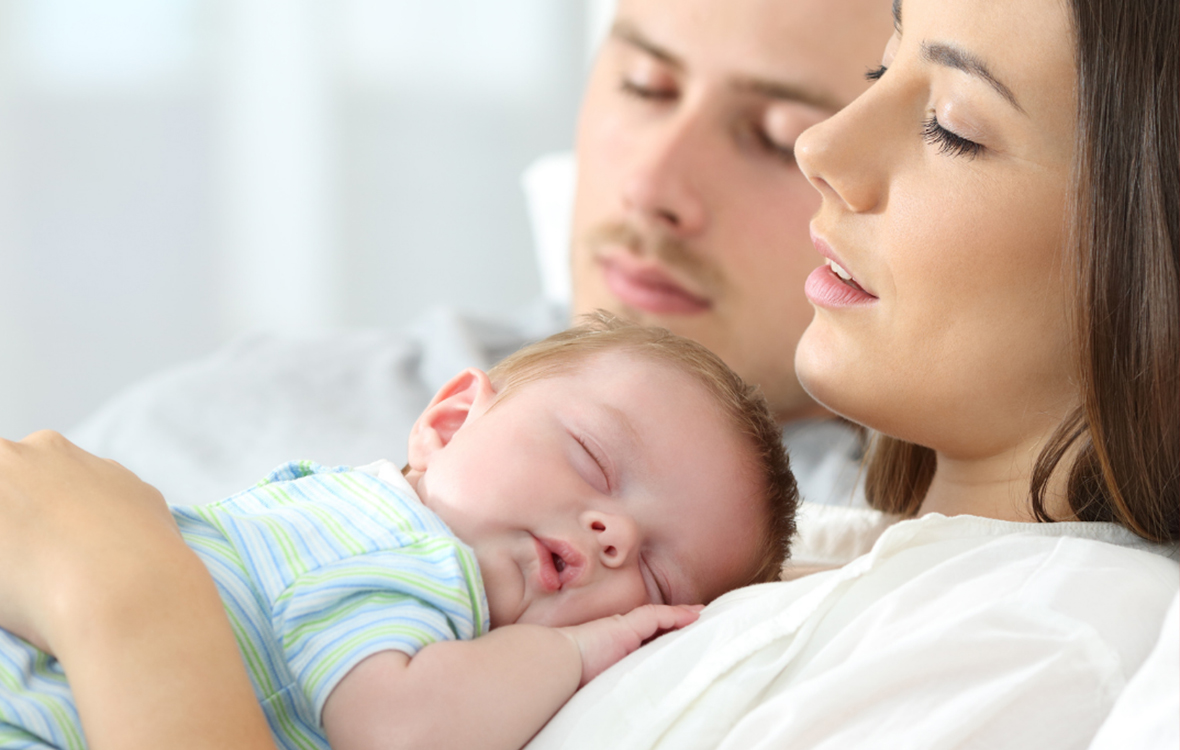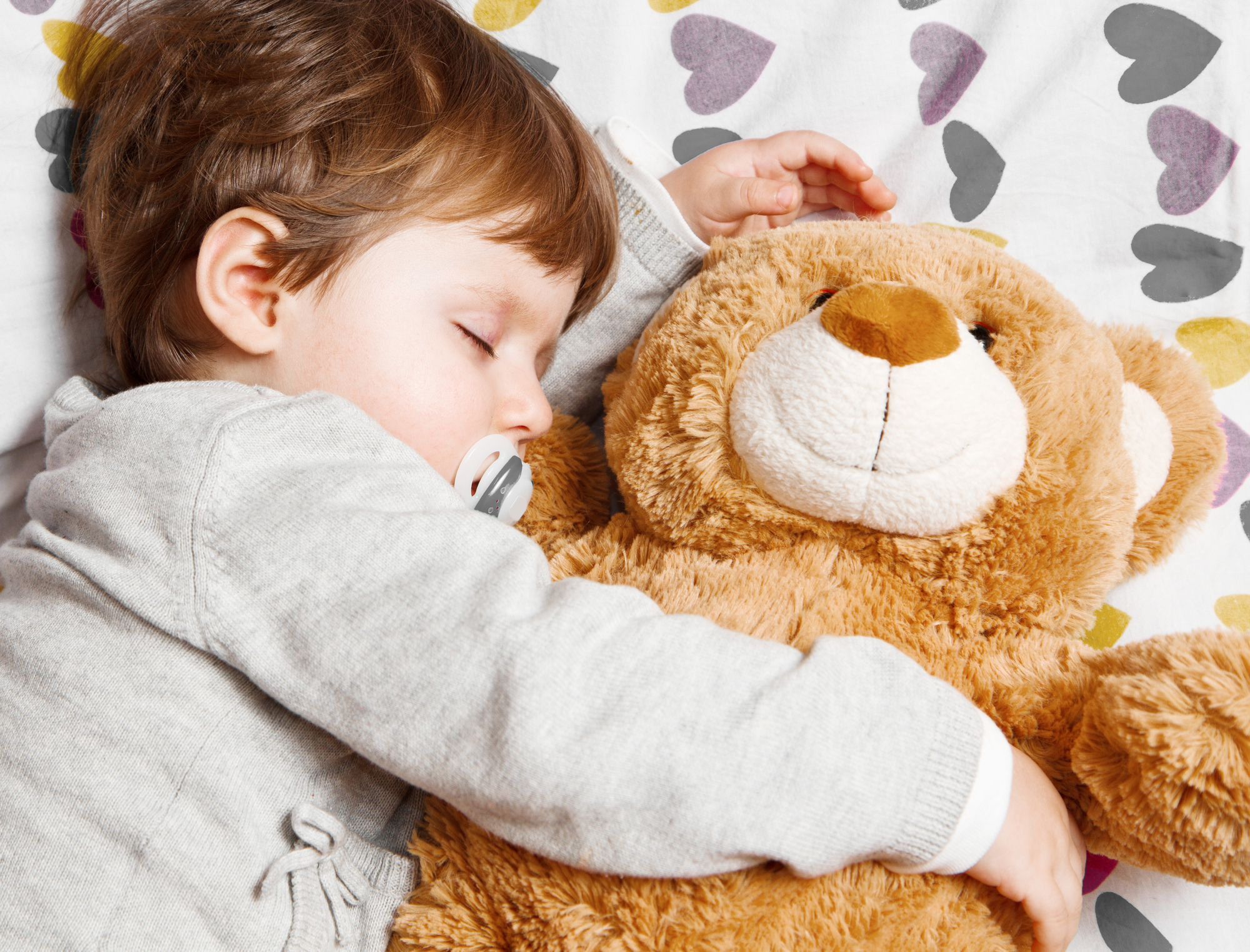March is Sleep Awareness Month
Sleep researchers and clinicians from around the world are attempting to change the way parents think about baby sleep.
We know there is a constant barrage of sleep information telling us how important sleep is and then advising on how to fix bad sleep which may be based on poor science, misinformation and rhetoric.
As this month is Sleep Awareness Month, we thought we would put out some really great information based on big science data. Why is that important? The bigger the study the more credible the result which means more validity, accuracy and reliability to the study’s outcome.
Here are some science sleep facts about your baby’s sleep.
- Sleep is crucial for baby growth, development and health. That is why your newborn sleeps about 80% in 24 hours.
- By 6 months of age, your baby will be sleeping about 55% of their day and most sleep is now at night. This is due to the development of sleep biology and your baby’s ability to retain calories and not need to feed as frequently.
- Genetics, ie temperament, age and maturity, developmental leaps especially gross motor skills like rolling sitting and crawling and medical issues are internal or intrinsic factors that can affect sleep. Outside factors also play a big role in sleep development. This might include your expectations of sleep, culture and environment. One of the biggest influential factors of sleep outcomes is you…the parent. This is great news for sleep-deprived parents because they can learn how to influence sleep in a positive way.
- Babies can have insomnia! This is defined by the International Classification of Sleep Disorders and represents all ages across the lifespan. This is what you might see happening in your baby or child. Difficulty initiating and maintaining sleep. B. Distress or impairment in function. C. Occurs a minimum of 3 times per week for a minimum of 3 months.
- Babies can continue to be poor sleepers changing neurological pathways in their brain. These pathways influence learning, behaviour, concentration and memory among many other things. Many adults report that their parents told them they were terrible sleepers.
- Babies sleep lighter so have many more opportunities to wake. Frequent waking soon after settling is one of the most frustrating things for many parents and can lead to hours of disturbed sleep for everyone. Inadequate sleep hours increase the chance of parental anxiety and depression. (Hiscock et al; 2008) We know that improving sleep also improves mental health.
Helping your baby adapt to being able to resettle back to sleep requires parent intervention and skills that can be learned.

Where do you start?
Routine and sleep hygiene are the most basic of beginnings when you are sleep training.
Make sure that you are consistent and keep your routine short.
Keep the sleep space consistent so your baby develops a sleep association with their bed.
If you are breastfeeding keep an eye out on your caffeine intake and observe your baby’s behaviour. They may cry more, twitch and take longer to settle. It takes 4-5 hours for half of the caffeine ie your morning coffee to be processed. This means if you are loading up on caffeine to get you through the day, it may still be quite high in your system at night.
Getting sleep is hugely important to physical, neurological and mental health. If you want to start sleep training, rest assured that science is behind you and there are options to suit your parenting style.
Good sleep can be learned, unlearned and re-learned.
Sweet Dreams
Deb Herdman






